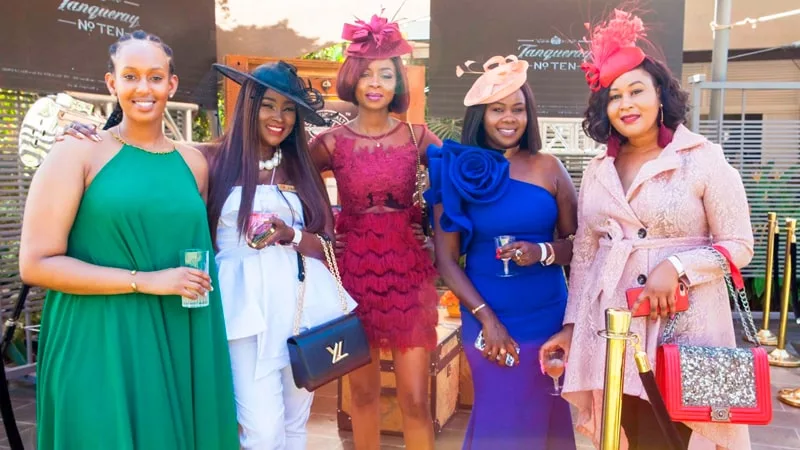Kenya, a dynamic and culturally diverse country in East Africa, has made great advancements in the fashion industry. Kenyan fashion designers get inspiration from a variety of sources, ranging from traditional outfits that reflect centuries-old traditions to cutting-edge designs that epitomize innovation.
This article explores the numerous sources that shape the creativity, identity, and fashion-design philosophy of Kenyan fashion designers.
1. Traditional Heritage and Cultural Roots
One of the primary sources of inspiration for Kenyan fashion designers is the country’s rich cultural heritage. Traditional garments like the kikoi, kanga, and Maasai shuka have served as the basis for many contemporary designs. These designers reinterpret and modernize these traditional pieces, incorporating them into everyday wear and high-fashion collections. The Kenya Fashion Council (KFC) plays a pivotal role in preserving and promoting these cultural touchpoints, acting as a bridge between tradition and modernity in the fashion industry.
2. Sustainability and Ethical Practices
In recent years, there has been a growing emphasis on sustainability and ethical practices in the global fashion industry. Kenyan designers have been quick to adopt these principles, incorporating eco-friendly materials, fair labor practices, and ethical production methods. The Ethical Fashion Initiative works closely with Kenyan artisans and designers to create products that are not only stylish but also socially responsible.
3. Empowerment and Social Change
Fashion Revolution’s presence in Kenya has further fueled the movement for ethical fashion. Through campaigns, events, and collaborations, the organization encourages transparency, fair wages, and sustainable practices in the fashion supply chain. Kenyan designers are increasingly conscious of the social impact of their work, striving to create opportunities for local artisans and communities.
4. Genderless Fashion and Identity
The concept of genderless fashion has gained significant traction worldwide, challenging traditional notions of clothing and identity. Kenyan designers, as seen in The Guardian’s article, are embracing this trend, creating gender-inclusive designs that celebrate individuality. This shift not only redefines fashion but also mirrors Kenya’s progressive stance on social issues.
5. Luxury and High-End Fashion
The Kenyan fashion scene is not limited to traditional and sustainable designs alone; luxury fashion also plays a significant role. The top 10 Kenyan luxury fashion brands highlighted in Nairobi Fashion Hub’s article showcase the country’s ability to create high-end, couture-level pieces that rival international fashion houses. This emphasis on luxury not only contributes to Kenya’s economic growth but also establishes its presence in the global fashion arena.
6. Fusion of Modern and Traditional
The fusion of modern aesthetics with traditional elements is a hallmark of Kenyan fashion. Designers often incorporate traditional fabrics, prints, and techniques into contemporary silhouettes, creating a unique blend of the old and the new. This fusion is evident in the designs showcased at the Kenya Fashion Awards, where innovation and tradition collide.
7. Financial and Corporate World Influences
Kenyan fashion designers are not only influenced by cultural and artistic factors but also by the financial and corporate world. As highlighted in Business Daily Africa’s article, designers are creating fashion lines tailored for financiers, recognizing the importance of attire that reflects professionalism and success.
8. Recognition and Inspiration from the Past
The history of Kenyan fashion has paved the way for contemporary designers to draw inspiration from their predecessors. As noted in the BBC article, designs from the 1970s and 1980s continue to influence modern fashion, emphasizing the cyclical nature of trends and the enduring impact of iconic designs.
Conclusion
The world of Kenyan fashion design is a tapestry woven with threads from tradition, innovation, sustainability, empowerment, and global influences. From traditional garments and ethical practices to genderless designs and luxury fashion, Kenyan designers draw inspiration from diverse sources that reflect their country’s rich cultural heritage and its evolving identity. As the industry continues to evolve, Kenyan designers are poised to make their mark on the global stage, creating a lasting impact that celebrates both their roots and their aspirations.
Content courtesy of NFH















